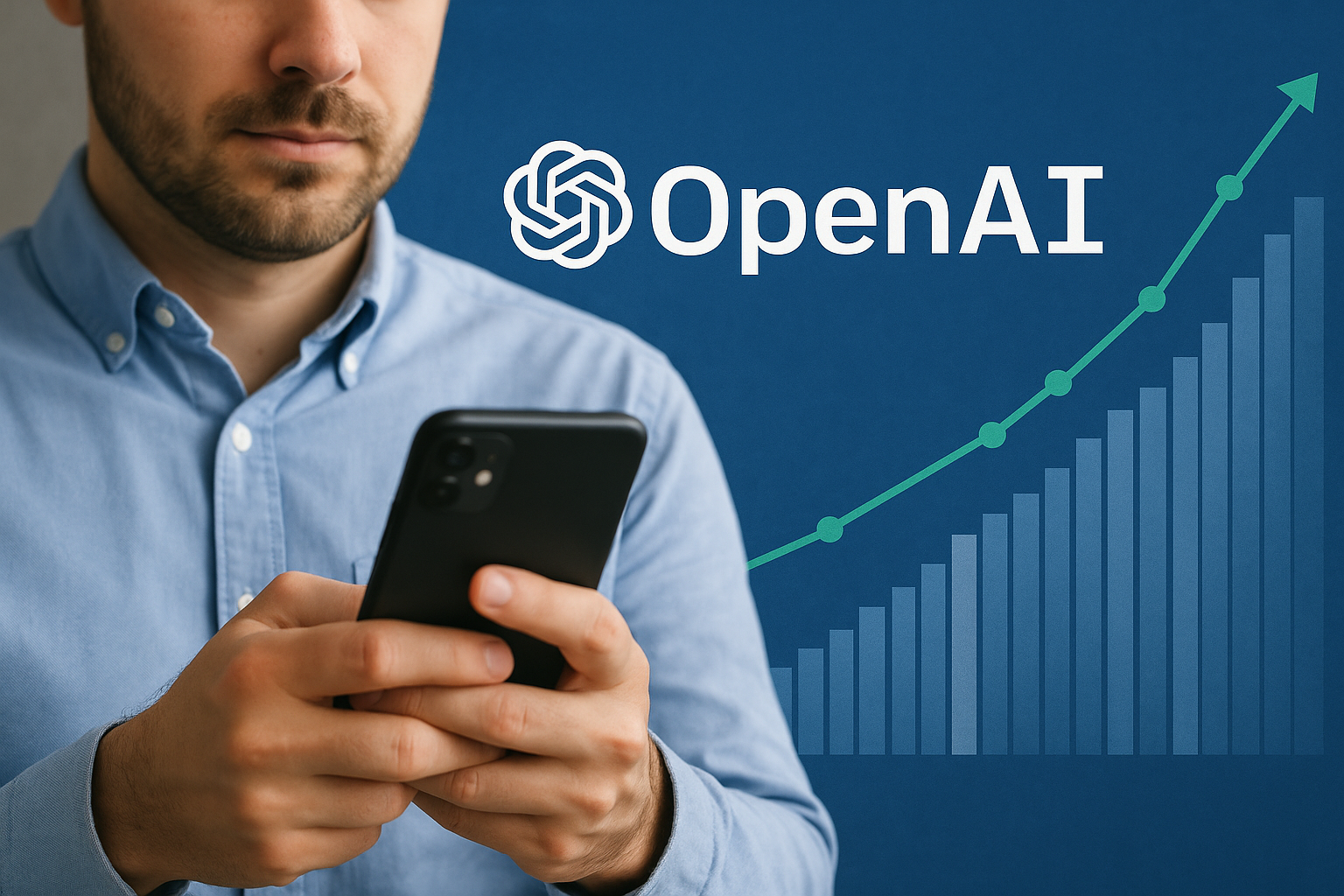Guide to Purchasing OpenAI Shares

Overview of OpenAI and Its Corporate Structure
OpenAI is a leading artificial intelligence research organization, well-known for creating technologies like ChatGPT and various GPT models. It was established in 2015 by notable figures including Elon Musk and Sam Altman, with a vision to advance AI research responsibly. Initially, OpenAI operated as a non-profit, but in 2019, it transitioned to a hybrid model, forming a for-profit branch called OpenAI LP. This shift allows the company to attract investment while adhering to its mission to develop AI in a safe and ethical manner.
Despite this hybrid structure, OpenAI remains a private entity. Its shares are not listed on major stock exchanges like the New York Stock Exchange (NYSE) or Nasdaq, which means regular investors cannot easily buy OpenAI stock. Instead, ownership is restricted to private parties, such as venture capital firms, institutional investors, and selected high-net-worth individuals.
Why OpenAI Is Not Publicly Traded
The decision to remain private is influenced by several key factors:
- Maintaining Control: By staying private, OpenAI can better control its strategic direction without the pressures often associated with public companies, which tend to focus on short-term financial gains.
- Access to Capital: OpenAI has raised substantial capital through private funding rounds, with significant investments from companies like Microsoft, which contributed $10 billion in 2023. This funding negates the need for an initial public offering (IPO).
- Avoiding Regulatory Challenges: Going public comes with extensive regulatory oversight and compliance costs. OpenAI may prefer to avoid these complexities, especially given the uncertain regulatory environment surrounding AI.
- Market Timing Considerations: OpenAI’s management might believe that an IPO isn’t optimal yet, especially with its valuation estimated at $150 billion as of late 2024. They might anticipate even greater growth as AI adoption expands.
Can You Invest in OpenAI Directly?
1. Acquiring Shares in Private Market Transactions
High-net-worth individuals and institutional investors may have opportunities to purchase shares through secondary private markets. Platforms like Forge Global and EquityZen facilitate these transactions, but only accredited investors—those with substantial net worth or high annual income—are typically eligible.
- High Investment Minimums: These transactions often require significant investments, sometimes in the range of six figures.
- Limited Liquidity: Shares of private companies are not easily sold, meaning investments may be tied up until an IPO or acquisition takes place.
- Less Transparency: Private companies disclose less financial information compared to public ones, making investments riskier.
2. Investing in Venture Capital or Private Equity Funds
Another option is to invest in venture capital or private equity funds that hold shares in OpenAI. Prominent firms such as Sequoia Capital and Andreessen Horowitz have invested in OpenAI, providing indirect exposure through their funds.
3. Employee Stock Options
For OpenAI employees, stock options or equity grants may be part of their compensation package. These shares are subject to vesting schedules and are typically not available for trading unless specific conditions are met, such as during private funding rounds.
Alternative Investment Options
If obtaining OpenAI shares directly is not possible, there are various alternative paths to indirectly invest in its potential growth:
1. Invest in Microsoft (NASDAQ: MSFT)
Microsoft is the largest investor in OpenAI and has integrated its technology into numerous products like Azure and Microsoft 365. Buying Microsoft stock allows investors to indirectly benefit from OpenAI’s advancements.
- Stock Symbol: NASDAQ: MSFT
- Rationale for Investment: As Microsoft continues to leverage AI technologies, its strong stock performance can serve as an indicator of OpenAI’s influence on the broader market.
2. AI-Focused Exchange-Traded Funds (ETFs)
Investing in AI-focused ETFs can also provide a diversified method to gain exposure to OpenAI’s market space. Some recommended ETFs include:
- Global X Robotics & Artificial Intelligence ETF (NASDAQ: BOTZ)
- ARK Autonomous Technology & Robotics ETF (BATS: ARKQ)
- iShares Robotics and Artificial Intelligence Multisector ETF (NYSEARCA: IRBO)
3. Other Publicly Traded AI Companies
Investing in various AI-centric public companies can also be a good strategy. Consider these options:
- Nvidia (NASDAQ: NVDA): A top provider of AI hardware, notably graphics processing units (GPUs) used in model training.
- Alphabet (NASDAQ: GOOGL): Heavily invested in AI through Google and DeepMind.
- Amazon (NASDAQ: AMZN): Utilizes AI across its retail and cloud services, including AWS and Alexa.
4. Watch for an OpenAI IPO
While there are no official announcements regarding an IPO, market analysts believe OpenAI could go public in the future, especially if its valuation keeps climbing. To stay prepared:
- Follow financial news outlets and any official communications from OpenAI.
- Set up a brokerage account with platforms like Fidelity or Charles Schwab to be ready for any IPO opportunities.
- Consult with a financial advisor to determine how OpenAI stock could align with your investment strategy.
Investing Risks
Investing in OpenAI, whether directly or indirectly, involves certain risks, such as:
- Valuation Risks: The current valuation of $150 billion may already factor in significant future growth, leaving less potential for new investors.
- Competition Risks: The AI market is highly competitive, with major companies like Google and Meta also targeting similar goals.
- Regulatory Risks: With governments examining AI more closely, regulatory changes could affect OpenAI’s operations.
- Market Volatility: Stocks in the AI sector can experience significant price fluctuations.
Starting Your Investment Journey
If you’re interested in investing in OpenAI or the AI sector, consider these steps:
- Research: Delve into OpenAI’s business model and the overall AI landscape.
- Choose a Brokerage: Open an account with a reputable platform for trading stocks or ETFs.
- Diversify: Spread your investments across different sectors, not just AI.
- Consult a Professional: A financial advisor can provide guidance on investment opportunities.
- Stay Informed: Keep track of developments related to OpenAI and the AI industry through reliable news sources.



